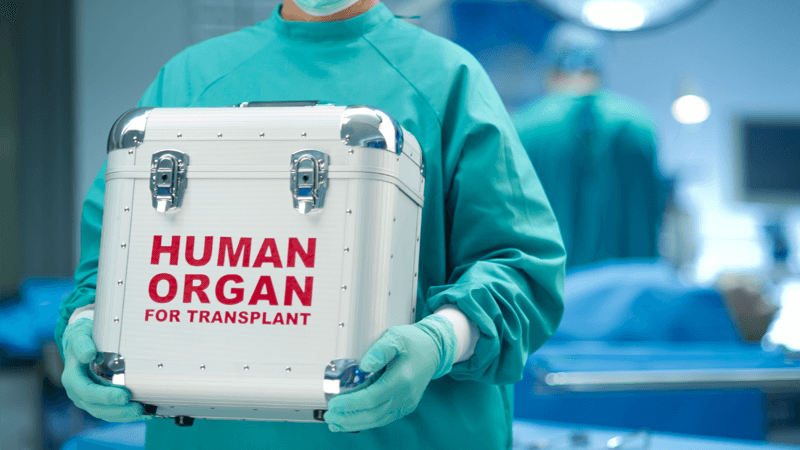Academics at Stanford University have proposed the creation of ‘brain-dead humans’ in order to harvest their organs for transplant and research.
Carsten T. Charlesworth, Henry T. Greely, and Hiromitsu Nakauchi claim that making “bodyoids” is now scientifically plausible and suggested it could be done “without crossing most people’s ethical lines”.
The biomedical experts argue that the controversial technology could end waiting lists for organ donation, reduce the need for animal testing and help produce more effective drugs and treatments.
Science fiction
Writing in the MIT Technology Review, Charlesworth, Greely, and Nakauchi said: “Although it may seem like science fiction, recent technological progress has pushed this concept into the realm of plausibility.”
They acknowledged: “It may be disturbing to characterize human bodies in such commodifying terms, but the unavoidable reality is that human biological materials are an essential commodity in medicine”.
But, they explained, while many “will find the concept grotesque or appalling”, they argued that it “is now plausible enough to justify discussing both the technical feasibility and the ethical implications”.
‘Unconscionable’
Responding to the article, Dr Peter J. Colosi, Associate Professor of Philosophy at Salve Regina University, said: “You, as the person who you are, exist even when you are not conscious, and this means that other human beings who are not conscious could also do that.”
Heidi Klessig, author of The Brain Death Fallacy, described the concept “unconscionable” and called for an end to such “morally abhorrent attempts to purposely bioengineer neurologically impaired human clones as a source of ‘spare parts’”.

UN Committee slams Canada’s ‘ableist’ euthanasia regime
GPs advised not to prescribe trans drugs to under-18s
Assisted suicide has ‘far-reaching implications’ for suicide prevention


